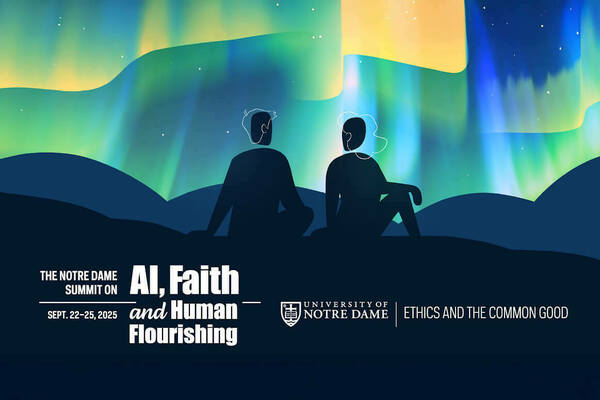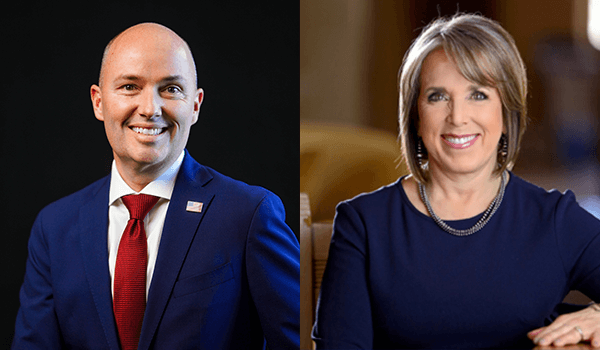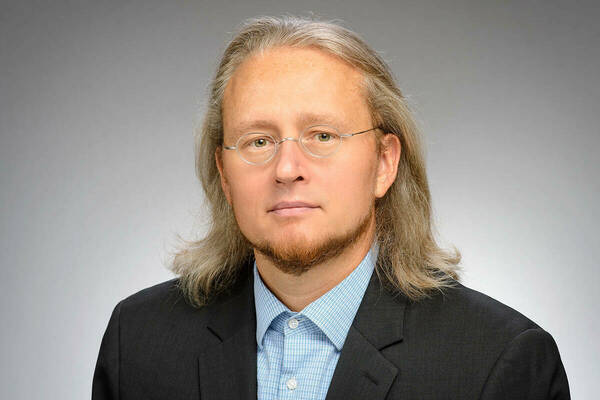Protective actions need regulatory support to fully defend homeowners and coastal communities, study finds
As climate change drives increasingly severe hurricanes, U.S. coastal communities are bearing the brunt of mounting losses. With regulations failing to curb the damage, homeowners have become the front line of defense — but their efforts often fall short, a recent study reveals.
Led by Tracy Kijewski-Correa, professor of engineering and global affairs at the Keough School of Global Affairs at the University of Notre Dame, the study, published in the International Journal of Disaster Risk Reduction, explored how homeowners respond in the aftermath of hurricanes when reconstruction becomes necessary. Focusing on Calcasieu Parish, Louisiana — a community still recovering from a sequence of disasters beginning with Hurricane Laura — the research introduced a new methodology to document homeowner actions, the damage they experienced and their recovery paths.
Why homeowners are key to reducing losses
“With no mandates to upgrade at-risk homes, homeowners will be responsible for adapting their properties to halt mounting climate-driven losses in the housing sector,” said Kijewski-Correa, who also serves as the director of the Pulte Institute for Global Development at the Keough School. “Unfortunately, we have no idea what decisions households are making and why — this study created a methodology to answer those questions so we can better incentivize them to adapt before the next storm.”
Since 1980, U.S. losses from tropical cyclones have reached $1.3 trillion, exposing how underprepared the country remains in addressing weather and climate disasters. This growing vulnerability is compounded by rapid population growth in coastal areas and outdated or inconsistent building codes.
Gaps in protection and future risks
Using indices developed for the study, researchers measured protection levels for a number of critical home components at key points: at the time of purchase, pre-disaster and after post-disaster repairs, as well as future intended upgrades.
The study found that, on average, homeowners took proactive steps to protect their properties before the hurricane, enhanced those protections after the storm and expressed intentions to continue investing in resilience. Roofs, windows and other external components were the primary focus of these improvements. However, the typical home achieved only about half the measures needed to withstand future storms effectively.
Visible damage in neighborhoods and the experiences of family and friends also influenced voluntary homeowner decisions to invest in protective measures. Motivated by observing widespread destruction across the community, even homeowners who escaped damage in Hurricane Laura expressed intentions to invest in resilience.
Policy and incentives: closing the protection gap
“Homeowners are making efforts to ‘build back better’ — strengthening roofs, adding hurricane clips or straps and replacing standard windows with impact-rated alternatives,” said Kijewski-Correa. “Unfortunately, most investments still leave homes only moderately protected against future hurricanes.”
The study’s methodology, which includes a flexible survey tool and evaluation methods to analyze homeowner decisions, provides a framework for future research. Next steps include identifying the factors that most effectively motivate homeowners to adopt comprehensive protections.
“Policies need to incentivize comprehensive, whole-house upgrades while ensuring clear messaging about the importance of these measures,” Kijewski-Correa said. “We also need to address barriers such as affordability and awareness, which often prevent households from taking action.”
Study co-authors include civil engineering Ph.D. student Rachel Hamburger and Debra Javeline, professor of political science, both from the University of Notre Dame. The research is funded through a National Science Foundation grant under the Strengthening American Infrastructure program.
Originally published by at keough.nd.edu on Jan. 15.
Contact: Tracy DeStazio, associate director of media relations, 574-631-9958 or tdestazi@nd.edu
Contact: Jessica Sieff, associate director of media relations, 574-631-3933, jsieff@nd.edu
Latest ND NewsWire
- Notre Dame to host summit on AI, faith and human flourishing, introducing new DELTA frameworkThe Institute for Ethics and the Common Good and the Notre Dame Ethics Initiative will host the Notre Dame Summit on AI, Faith and Human Flourishing on the University’s campus from Monday, Sept. 22 through Thursday, Sept. 25. This event will draw together a dynamic, ecumenical group of educators, faith leaders, technologists, journalists, policymakers and young people who believe in the enduring relevance of Christian ethical thought in a world of powerful AI.
- Notre Dame Democracy Initiative hosts bipartisan conversation with Western state governorsTwo Western state governors known to work across the aisle on policy issues such as water, housing and energy will visit the University of Notre Dame for a fireside chat about how Western state pragmatism can serve as a model for the country to overcome polarization.
- In new research, Roy Scranton explores climate change and the limits of human progressIn his most recent book, “Impasse: Climate Change and the Limits of Progress,” Scranton, an associate professor of English, defines the impasse he sees as “not only political and institutional, but cognitive, existential and narrative” and asserts that the only path forward is through embracing what he terms ethical pessimism. “A lot of people confuse pessimism with nihilism, apathy and despair,” Scranton said. “But pessimism is actually about recognizing our limits, letting go of unrealistic goals, finding solidarity in the fact of human suffering and doing what you can now, not in some utopian future.
- Notre Dame MBA launches deferred admission programThe Notre Dame MBA Deferred Admission Program allows candidates with little or no work experience, including college seniors, to secure admission before reaching the recommended three years of work experience to enroll.
- ‘Prebunking’ false election claims may boost trust in electionsIn recent years, democracies worldwide have seen a growing erosion of trust in election outcomes and institutions, driven in part by fears of widespread fraud. New Notre Dame research finds that “prebunking” — providing accurate information before false claims spread — boosts trust in elections more effectively than traditional fact-checking.
- ND experts on the canonization of Carlo AcutisAs the Church awaits the ceremony in St. Peter’s Square, where Pope Leo XIV will formally declare Acutis a saint, University of Notre Dame experts Kathleen Sprows Cummings, Brett Robinson and Timothy O’Malley reflect on his life and his path to sainthood.













